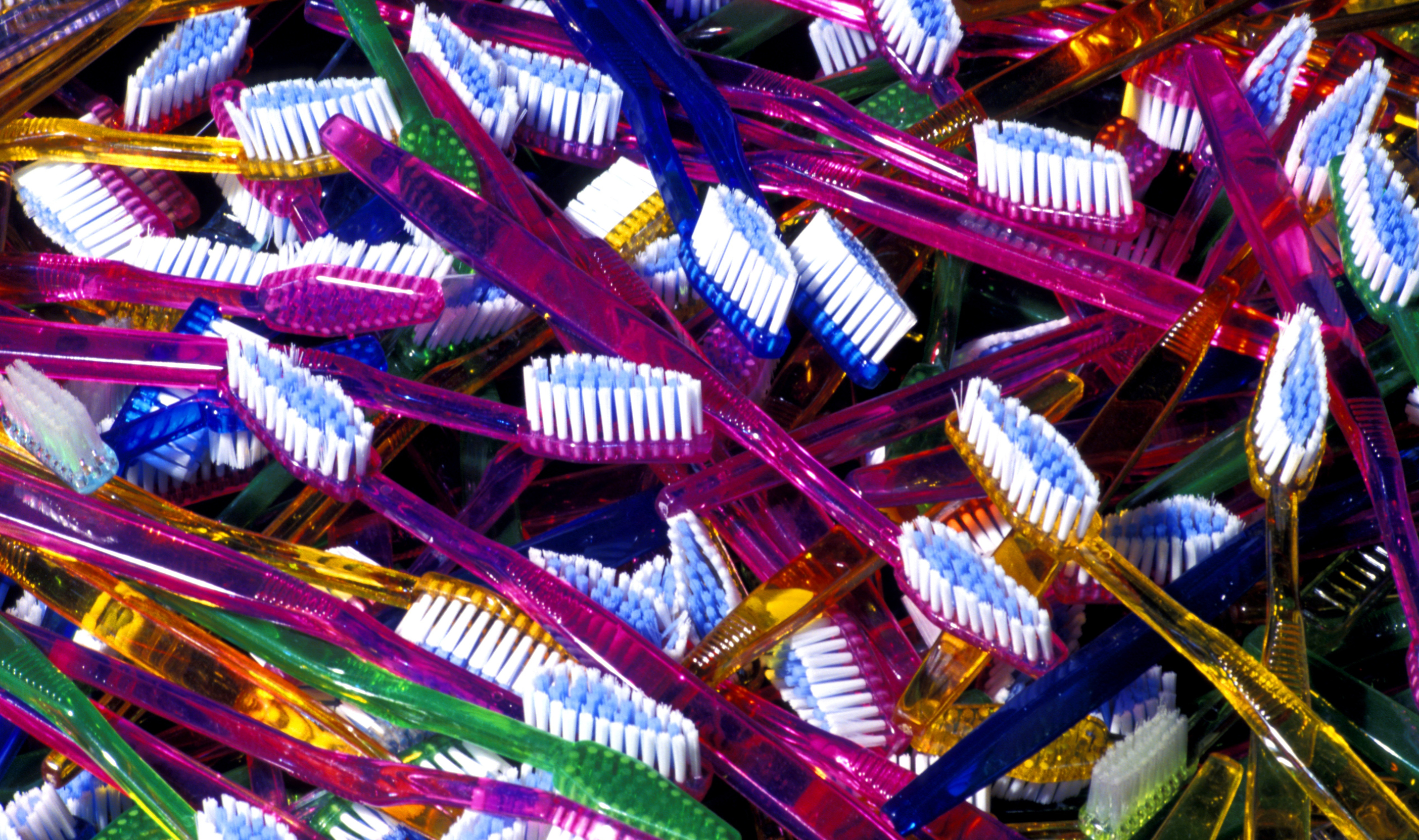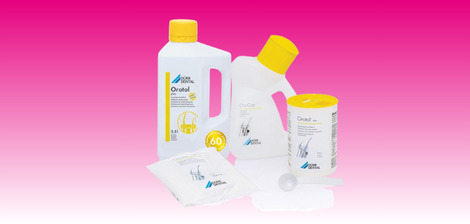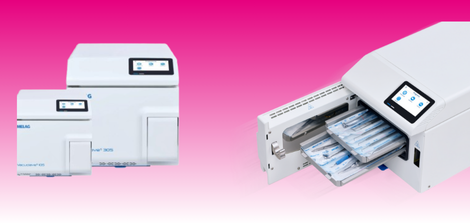As professions, the medical and dental communities by necessity use and encourage the use of single use items on a daily basis. These items often contain plastic because it is an inexpensive, safe and hygienic material to use. The disposal of this waste has, quite rightly become a major issue for us all as we all begin to understand that the disposal and breakdown of plastics in the environment is not quite as acceptable as we thought. The vast majority of medical and dental waste goes into landfill – sharps and hazardous waste are incinerated. Roughly 50 per cent of the resulting by-product of incineration can be re-used as energy or as ash filler for road making. Leaving 50 per cent to go to landfill.
I would consider myself a responsible individual that cares for the environment – washing, reusing, recycling and disposing of items responsibly and according to our local waste management guidelines. But is this enough? Where does the journey for the non-biodegradable items end? On a beach? In the gullet of a whale? Who knew that our small but considered efforts to be responsible could have such a devastating effect on our planet? Putting the issues of blame and politics aside, what can we do about this now on both a personal and professional level?
THE THREE ‘R’S
Personally, I can become more aware of what I need and purchase and how it is packaged. (Reduce) and ensure that what I no longer need is sent to the charity shop.
(Re-use) and what cannot be put to good use, dispose of responsibly and hope that it is able to biodegrade to a level that will not harm the environment.
Recycling products that are made up from more than one component is not yet an option in the UK as we do not have the facilities at the moment.
But pragmatically, and to quote Meatloaf, two out of three ain’t bad... every little helps. Our infrastructure in the UK for waste management is improving simply because it has to – we do need to be able to recycle essential everyday items like health and hygiene products such as toothbrushes and interdental brushes.
CARING FOR THE ENVIRONMENT
On a professional level I know that TePe’s brand values are health, knowledge and sustainable quality. As a forward thinking company we have been ISO 14 001 accredited for several years now. The ISO 1400 ‘family ‘ of standards seeks to ensure that organisations manage their environmental responsibilities from labelling and packaging to environmental challenges such as climate change. Our plant in Sweden is the largest solar powered plant in Malmo with 100 per cent of the energy used today coming from renewable sources.
We have been sourcing sustainable materials for some time and evaluating the effect of these materials on the quality and efficacy of our products. Like humans, nature balances itself by consuming and replacing energy. Sustainable practices and materials seek to reduce and replace a maximum of energy in nature and in turn reduce the impact on the planets natural balance. We are absolutely committed to launching new products that meet the stringent high quality standards required for an oral hygiene product whilst also having a minimal impact on our environment.
We are not there yet, as plastic is a safe, hygienic material that is widely available and used throughout the health industry for those very reasons– the replacement options for plastics are limited and are in high demand but we are certainly committed to being a part of the solution to this problem.
We all have a responsibility to the environment and the team at TePe take our share of the responsibility very seriously.



